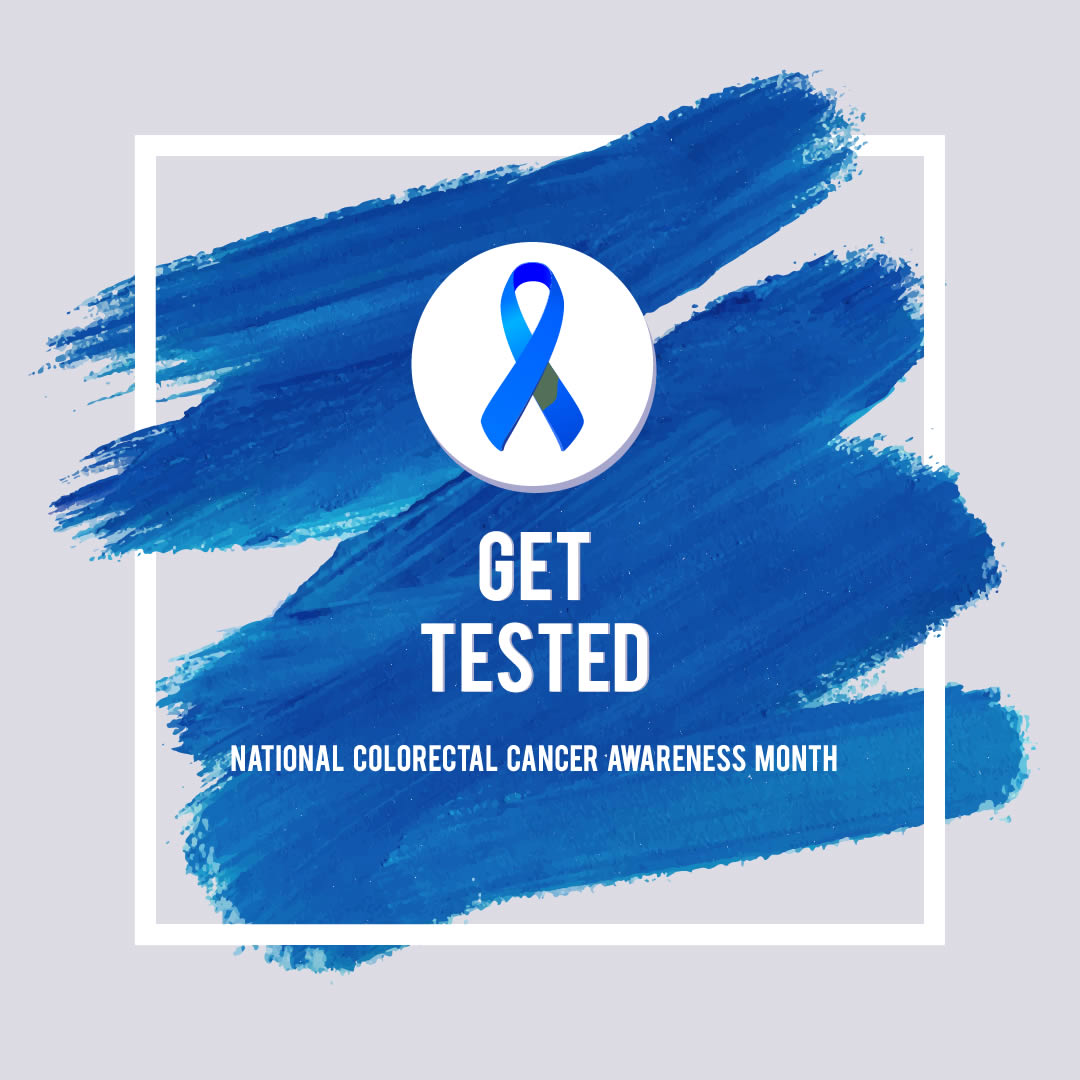Screenings are provided at all Canyonlands Healthcare centers. If you’re 45 or older or have symptoms at a younger age, talk to your health care provider about getting tested for colon cancer.
About 1 in 20 American men and women will develop colon cancer at some point during their lifetime. But there are things you can do to help lower your colon cancer risk.
- Regular colorectal cancer screening is one of the most powerful weapons for preventing colorectal cancer. Screening can find colorectal cancer early, when it’s small and easier to treat. It usually takes about 10 to 15 years for abnormal cells start to grow into polyps, them to develop into colorectal cancer. With regular screening, most polyps can be found and removed before they have the chance to turn into cancer.
- Eat lots of vegetables, fruits, and whole grains and less red meat (beef, pork, or lamb) and processed meats (hot dogs and some luncheon meats). Diets that include lots of vegetables, fruits, and whole grains have been linked with a decreased risk of colon cancer.
- Get regular exercise. If you are not physically active, you have a greater chance of developing colon cancer. Increasing your activity may help reduce your risk.
- Watch your weight. Being overweight or obese increases your risk of getting and dying from colon cancer.
- Don’t smoke and limit your alcohol intake. Long-term smokers are more likely than non-smokers to develop and die from colon cancer. Colorectal cancer has been linked to moderate to heavy alcohol use. The American Cancer Society recommends no more than 2 drinks a day for men and 1 drink a day for women.
The links between diet, weight, and exercise and colon cancer risk are some of the strongest for any type of cancer.


Discuss these risk factors with your provider
Most people who are diagnosed with colon cancer are older than 50. But some people have certain risk factors that make them more likely to develop it, and to get it at an earlier age. One of these risk factors is a family history of colon cancer or pre-cancerous polyps, especially in parents, brothers and sisters, or children.
Your personal history can also affect your risk. For example, you are more likely to get colon cancer if you have had pre-cancerous colon polyps in the past. Having other conditions, such as ulcerative colitis, Crohn’s disease, or type 2 diabetes can also increase your risk of colon cancer. If you have any of these problems, talk to your healthcare provider about which screening options might be best for you.






